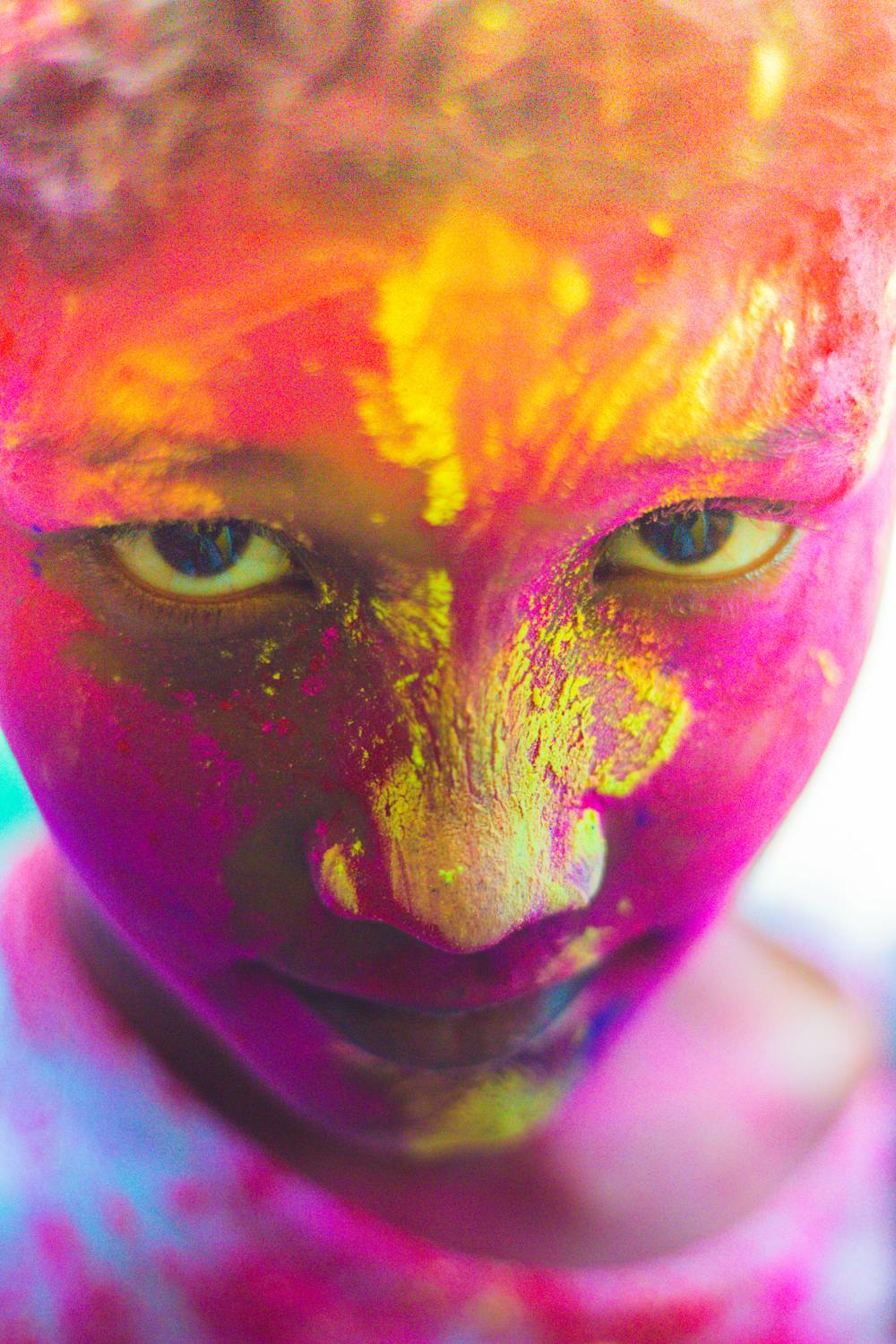
"Bura Na Mano, Holi Hai!" Is Not an Excuse to Grope Women
Celebration does not justify violation
Holi — a festival we often associate with vibrant colors, joyous music, and communities coming together. Think Bollywood songs, white outfits, and playful scenes. But behind this romanticized image lies a deeply uncomfortable and often ignored reality, especially for women, queer people, and marginalized communities.
At iDare, we believe it’s essential to name and address the harm that happens under the guise of celebration — not to attack a religion or culture, but to assert everyone’s right to safety and dignity.
The Dark Side of Holi
For many, Holi becomes a cover for abuse. Behind the laughter and the color, many women, children, queer folks, and even men endure unwanted touching, groping, and harassment. The phrase “Bura na mano, Holi hai” (Don’t mind, it’s Holi!) is frequently used to dismiss their discomfort — trivializing violations as harmless fun.
Abuse during Holi isn’t limited by caste, religion, or gender. Though traditionally associated with upper-caste Hindu celebrations, Holi is celebrated across communities, and so is the abuse. Let’s be clear: calling out abuse is not Hinduphobia. It is an urgent plea for justice and bodily autonomy — rights guaranteed to all in a civil society.
Why Do Survivors Stay Silent?
The festive atmosphere often silences survivors. They fear being labeled as “party poopers” or “too sensitive.” They are pressured into silence by the idea that speaking up will ruin everyone’s fun — especially since the abuser is often someone known, a family member, a neighbor, or a friend.
This perfect storm — public spaces, chaos, celebration, and normalized touching — creates a breeding ground for consent to be violated without consequence.
A Song Rewrite We Deserve
If Bollywood songs celebrated boundaries, maybe we'd have lyrics like:
"Do me a favor, let's play consensual Holi."
Instead of the infamous:
"Do me a favor, let's play Holi."
Consent isn’t seasonal. It isn’t optional. It should be woven into the very fabric of how we relate to one another — in everyday life and especially during times of celebration.
Whose Consent Is Ignored?
Consent, when disregarded, often follows a familiar pattern — and it’s usually people from marginalized groups who suffer the most:
-
Women, pressured to smile and play along.
-
Children, bullied or touched inappropriately, often unable to speak up.
-
Queer individuals, mocked or violated while their identities are hypersexualized.
-
People with disabilities, whose boundaries are ignored altogether.
-
Dalit and marginalized caste individuals, often subjected to exclusion or tokenistic inclusion, only to face abuse under the guise of 'fun'.
These communities already face systemic exclusion. On Holi, when "boundaries blur," it becomes another space where abuse can masquerade as celebration.
Gender Discrimination in Holi Celebrations
In many middle-class households, Holi also becomes a day of invisible labor and gender inequality. While men dominate the streets, women are often expected to:
-
Cook elaborate meals
-
Ensure guests are comfortable
-
Refrain from saying no
-
Tolerate the presence of known abusers
They are silenced in the name of "family harmony" and "festive spirit." This emotional and physical labor comes at the cost of their own well-being.
On the other hand, men are pressured to perform masculinity — they’re expected to drink, be rowdy, and "drag people into the celebration." Saying “I don’t like Holi” is seen as unmanly. This toxic script harms everyone.
Let’s Be Clear: Harassment Is a Crime
Holi is no exception to the law. Unwanted touching, groping, or any form of sexual harassment is punishable under Section 354 of the Indian Penal Code. There is no festival exemption when it comes to human dignity.
What Can We Do?
-
Listen and believe people when they say they don’t want to participate
-
Practice and teach consent — especially to children
-
Call out inappropriate behavior, even when it’s uncomfortable
-
Create safe spaces for those who don’t want to celebrate
-
Check in with your loved ones — especially those who may be vulnerable during festivities
You're Not Overreacting — You're Protecting Yourself
If you or someone you know has faced abuse during Holi or any other time, support is available. iDare’s Support and Engage verticals are designed to offer affordable, inclusive help, free from judgment.
Let’s unlearn what we’ve normalized. Let’s stop tolerating abuse disguised as festivity. And most importantly, let’s reclaim our right to celebrate safely and joyfully — with full consent.
Like our content? Please show us some support by sharing and upvoting 🧡
Image Credits – Pexels.com
